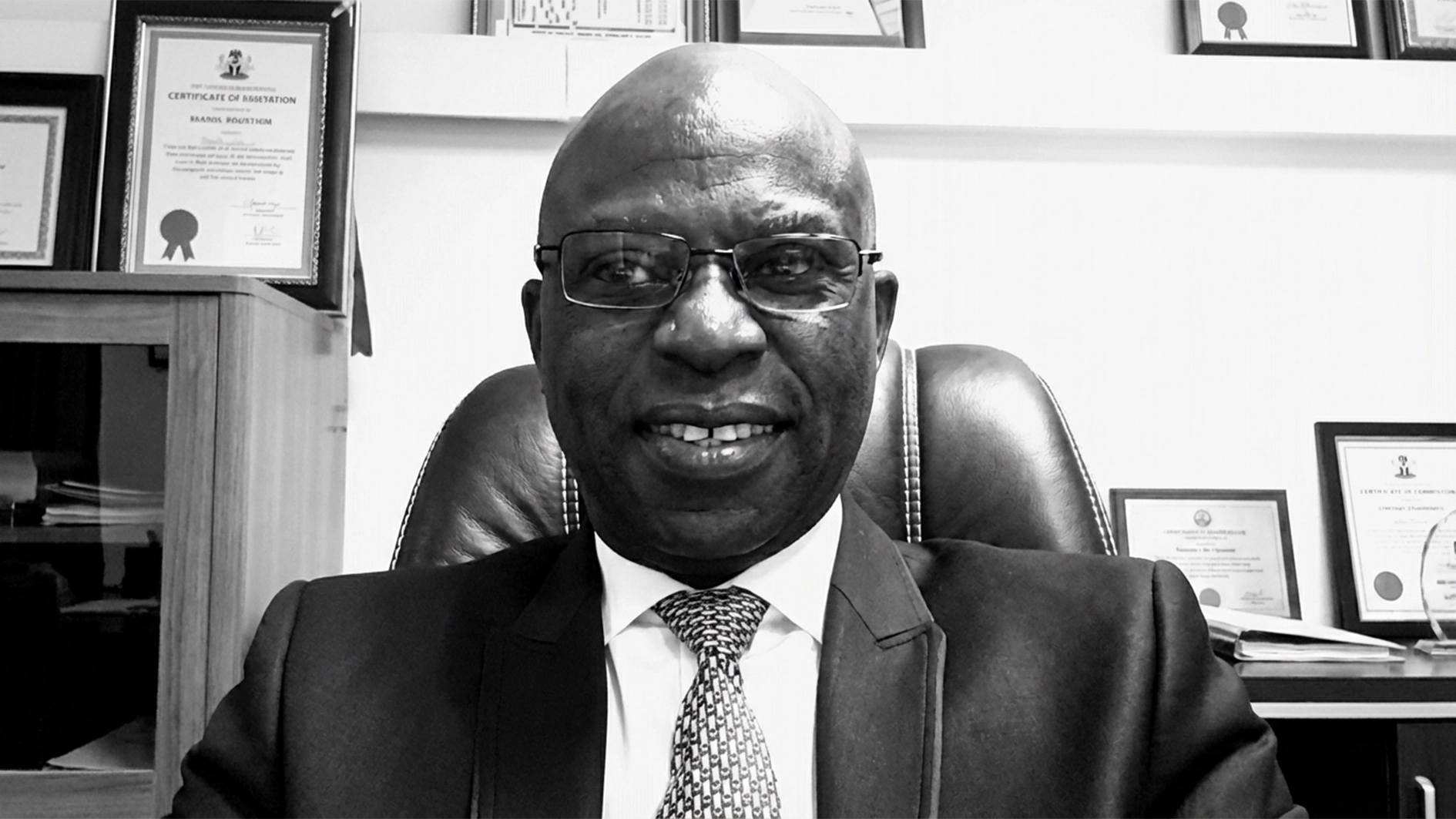As Air Peace unveils plans to commence scheduled operations between Lagos (Nigeria) and Rio de Janeiro (Brazil), some aviation experts have expressed concern about the sustainability of the South American route.
The concerns border on the route viability, alongside business and tourism traction of Nigeria-Brazil relations that would make commercial passenger flights deploy their services.
They also declared that airlines from Nigeria and Brazil that flew the route had an unpleasant experience while warning Air Peace against repeating the same mistakes of the past.
Director of Research at Zenith Travels Ltd, Olumide Ohunayo, said that while there are always economic benefits in Bilateral Air Service Agreement (BASA) agreements, a direct link between Nigeria and Brazil may not be profitable currently.
He emphasised that the defunct national carrier, Nigeria Airways, and Bellview Airlines operated scheduled flights between the two countries, but shut operations on the route due to its non-viability.
Ohunayo urged any Nigerian airline planning to operate the route to learn from the mistakes of the past carriers. He added that for the route to be commercially viable for Nigeria and its airlines, the country must have effective transit airport facilities, which would lead to air travellers’ attraction beyond Nigeria and Brazil.
“However, we must put an airline on that route for the BASA to be meaningful. But in putting an airline, will they be able to take the funding seed? Years ago, how many Nigerians travelled to Brazil? I have heard a lot of people talk about the African village and others, but where is the transit airport?
“Where is the commercial partnership to make that Nigerian airline hold on to that route and take those African passengers beyond Lagos and to their destinations?
“In reality, I do not see the traction on that route. Maybe cargo services can have some attractions, but for this to happen, there must be increased business cooperation and the implementation of recent agreements,” he said.
Also, an aviation analyst, Capt. Mohammed Badamasi pointed out that with the current high exchange rates, there are doubts if many Nigerians would explore Brazilian tourism, which he said is the only attraction of the South American country.
Badamasi added that BASAs were supposed to serve the two countries involved with equal benefits, but feared that Nigeria may not have airlines to reciprocate the agreement on the route. He added that the provision of verifiable information on the travelling public between the two routes would be vital for its sustenance by any Nigerian airline.
According to him, the majority of Nigerians who traveled to Brazil in the past years were mostly traders in leather products, such as handbags and shoes.
He added, “Except that there are other opportunities for Nigerians to explore that are not available in the country. Probably, the agreement is intended for cargo flights, which will serve Brazil well.
“Brazil has the food that Nigerians need as a stopgap until we have recovered from the shortage of food that is being tackled by the government.
“This is not the first time this Lagos-Rio de Janeiro route has been initiated after Varig Air, the country’s flag carrier, was liquidated. I hope that this is not another political marketing strategy.”
Capt. John Ojikutu (retd), another aviation expert, advised Air Peace to be cautious of its entrance into the route. Like others, Ojikutu questioned the history of passenger traffic and business transactions between Nigeria and Brazil.
“Air Peace needs help from Dr Gabriel Olowo, who was Varig Air’s Nigeria Station Manager in the 1980/’90s. The airline also needs help from those in the defunct Nigeria Airways,” he added.
Last week at the Murtala Muhammed International Airport (MMIA), Lagos, the Chairman of Air Peace, Dr Allen Onyema, told journalists that the airline would commence direct flight services between the two countries in the last quarter of the year.






